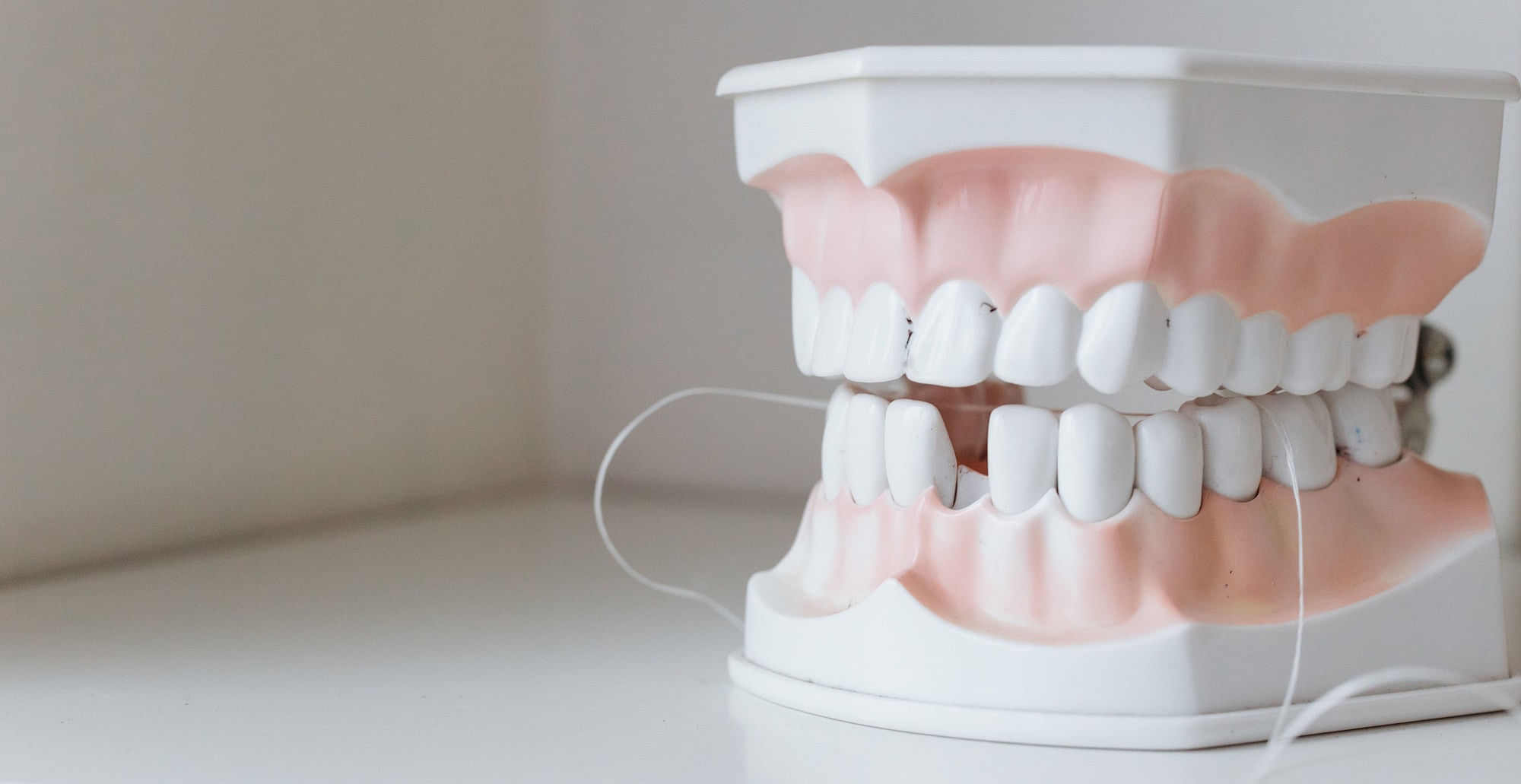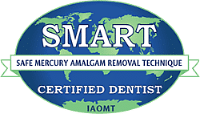

Education
Station
MORNING PROTOCOL
- First thing in the morning, squeeze 2 tablespoons or more of natural lemon juice into a glass of water. You can also add organic apple juice (natural and unprocessed), and apple cider vinegar to the mix (make sure both the apple juice and the vinegar are the kind that is cloudy, i.e., have the “mother”, and must be shaken before use). The amount of water is your choice but you must drink all that is in the glass. Pure, 100% frozen concentrates are OK but fresh is always preferred.
- Along with the lemon juice, take 1 or 2 capsules of friendly bacteria containing acidophilus and no less than 2 grams (2000 mg) of plain vitamin C (nothing but simple ascorbic acid and not time-released). It would also be wise to take 500mg to 1,000mg of bioflavonoids whenever we take Vitamin C.
- Do 20 minutes to one hour of aerobic exercise according to capability, four to five times per week. All exercise after the 20-minute threshold doubles the benefits.
- Follow the exercise with a protein breakfast. Absolutely avoid any simple carbohydrates during this meal. The idea is to not stimulate the pancreas which will produce insulin, thereby burning sugar, making acid, and storing fat.
- Absolutely avoid drinking coffee on an empty stomach. If you must drink your coffee, do so after your meal. This holds true for regular and diet soft drinks as well although the regular soft drinks may have as much as 10-12 teaspoons of sugar. In addition, soft drinks are loaded with phosphoric acid that tends to lower the pH of our bodies.
- Avoid all foods in the morning that will stimulate insulin production, such as orange juice, bananas, corn, sugar, white potatoes, pastries, white flour, bagels, sugary cereals, fruit drinks etc.
- Avoid getting hungry. If necessary, snack on sunflower seeds, walnuts, or almonds (preferably soaked overnight in water). Raw pumpkin seeds are great source of phosphates which helps us to become more alkaline and hopefully keep calcium in our bones and not on our teeth.
- Brushing and Mouth Rinses: It seems logical to me that if friendly bacteria prefer an alkaline environment and disease-promoting bacteria prefer an acid environment, then it would be wise to use a baking soda-type toothpaste. The delicate balance of bacteria in our mouths is there for a few reasons, primarily, digestion and the first line of defense against disease. It should not be altered with chemicals. It is only when bacteria form the film called plaque that they do damage to our teeth and gums and simple brushing and flossing can take care of plaque.
THE WHY
- One of the most consistent findings in all chronic illnesses (from gum disease to tooth decay to heart disease to cancer, to arthritis to heavy metal poisoning) is the tendency for the body to become more acidic than ideal. The pH of the blood is one of the most tightly controlled parameters in the human body. One of 7 ways that the body buffers this acidity is to take phosphate ions from the bone. Unfortunately, attached to these phosphate ions are calcium ions, which are subsequently discarded. This excess, unbound calcium may show up as tartar on our teeth (a common finding but by no means normal), hardening of the arteries, kidney stones, calcification of parts of our brains, etc. Ever hear of “calcium channel blocker” drugs for high blood pressure? How about taking calcium supplements and developing more tartar on our teeth? Could it be that the calcium is not being absorbed into the bone? (How could it be absorbed if the body is throwing calcium away?) Relative to the routine build up of tartar, could it be that the body is taking calcium from the bone and throwing it away because our nutrition is making us too acidic? Could it be that is the reason why some of us lose bone in the gum disease process? We should know the amount of free calcium in our blood prior to taking any calcium supplements. Having all women take 1200 mg of calcium a day is like saying that all women should get their front teeth crowned.
- Drinking mild acids such as citric acid in lemon juice, or maleic acid in apple cider, or fumaric acid in lime juice, stimulates the production of the secretin hormone. This hormone essentially tells the pancreas to dump bicarbonate (an Alka Seltzer) and water into the small intestines to neutralize this weak acid. In doing so, more bicarbonate is produced than is needed and the excess is absorbed into the blood which in turn makes the blood, and other body fluids, more alkaline. Another side effect of the pancreas being stimulated by lemon juice is the production of protease enzymes. These enzymes are essential to the body’s ability to break down and use proteins. So even in the midst of a full meal, the lemon juice will ultimately stimulate the pancreas in these two very important ways.
- Eating or drinking foods such as carrots juice, bananas, white potatoes, white flour, refined sugar, corn, pastries, bagels, sodas, and white rice, stimulate the production of insulin. When insulin is present, we’re burning sugar, storing fat, and making acid. Drinking coffee on an empty stomach fills the stomach with hydrochloric acid and stimulates insulin production. Since there is no food to breakdown, this acid moves directly into the small intestines and is picked up by the blood. The first sip or two of coffee on an empty stomach makes us feel better because it releases glycogen stores, which feed the brain and nerves. Glycogen requires very little insulin. However, as we continue to drink coffee the stimulatory effect of caffeine causes us to begin releasing insulin. Continued drinking of coffee throughout the morning even without food totally blocks fat release due to the high insulin. This is why we can’t lose weight when we drink coffee on an empty stomach. We’re burning sugar and storing fat.
- So when we drink the lemon juice, we tend to become less acidic and more alkaline. Exercising calls on the thyroid which burns fat and makes oxygen and makes us more alkaline. The thyroid is also called upon when we eat protein. So you see, when we drink the lemon juice, exercise, and then eat a protein breakfast, we’re becoming more alkaline, making oxygen, and burning fat. The bacteria that produce gum disease and decay hate this scenario.
- We can extrapolate the pH of the blood by looking at the pH of the saliva with the use of special paper. You too can measure your salivary pH at home. Checking our salivary pH right before we go to bed is quite useful. Going to bed with very acidic saliva will make the progression of gum disease and decay more likely. In addition, checking the pH of the saliva upon wakening is very useful. One should rinse the mouth with plain water several times, swallow 2 or 3 times, spit into a spoon or some other surface and place the paper in our saliva for at least 10 seconds. A pH of 7.0 is considered healthy. It correlates with a blood pH of 7.4. A salivary pH of 5.5 is the lowest pH the body will allow. Also, we could check our pH in the same manner 1 1/2 – 2 hours after breakfast. If we were acidic upon wakening, our pH should be more alkaline 2 hours after breakfast. If not, we didn’t use enough lemon juice and/or we didn’t eat the right breakfast, and/or we have a very serious challenge going on within our bodies. Our breakfast should always help to make us more alkaline.
- Relative to vitamin C, it is important not to take less than 2000mg. At this level, vitamin C acts as an antioxidant. At the typical American dose of 500mg, vitamin C actually becomes an oxidant and a potential source for disease. There is a detailed biochemical explanation for this as put forth by Dr. Boyd Haley, a Ph.D. and former chairman of the Department of Chemistry at the University of Kentucky. Finally, the friendly bacteria provide a formidable barrier in our intestines to the invasion of foreign bodies. They also play a key role in the conversion of proteins prior to being absorbed. The pH to keep them healthy in the intestines is higher (more alkaline) than the pH that seems to be necessary to promote the development of cancer cells.
So you can see that what we eat and how we eat have a direct bearing on the health of the mouth. In addition, it is not possible to separate the health of the mouth from the health of the body. For most of us, we cannot be healthy and resistant to disease without having a healthy mouth. Ironically, through very good brushing and flossing and high quality dental care, we can mask the presence of diseases elsewhere in our bodies. Only through blood testing where the results are compared to a health model can we know for sure how healthy we are.
Much credit for this line of thinking goes to Sam Queen, CCN. He has contributed greatly to alleviating human suffering and helping us understand how the body is designed and that it is designed to win. He has created the only “health model” about which I am aware. Below is his website. He is headquartered in Orlando, FL.
https://designed2win.com/
Check out some of our other articles from our Education Station.


